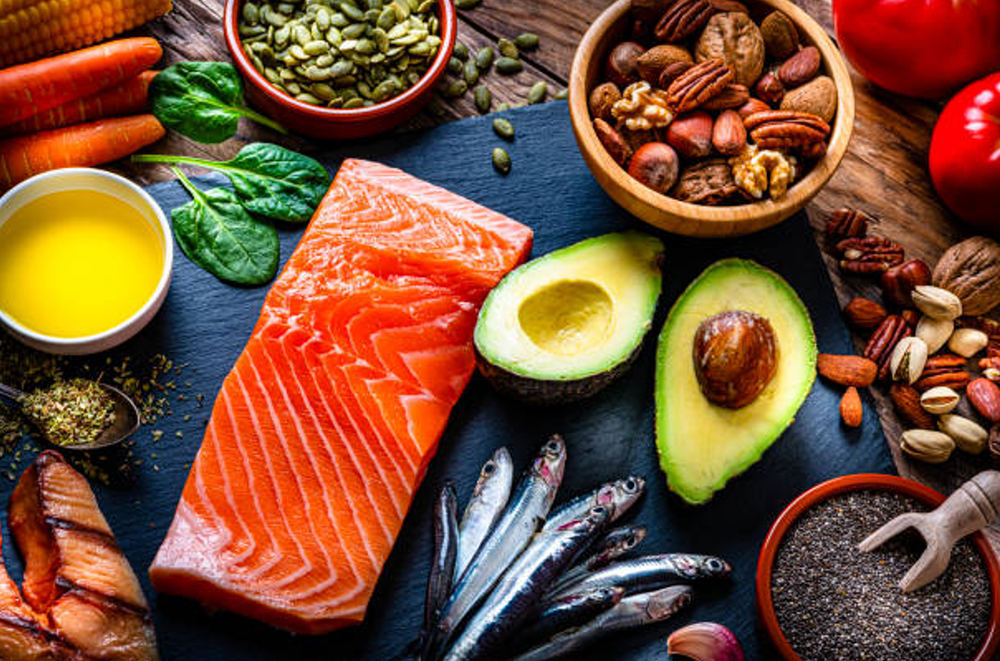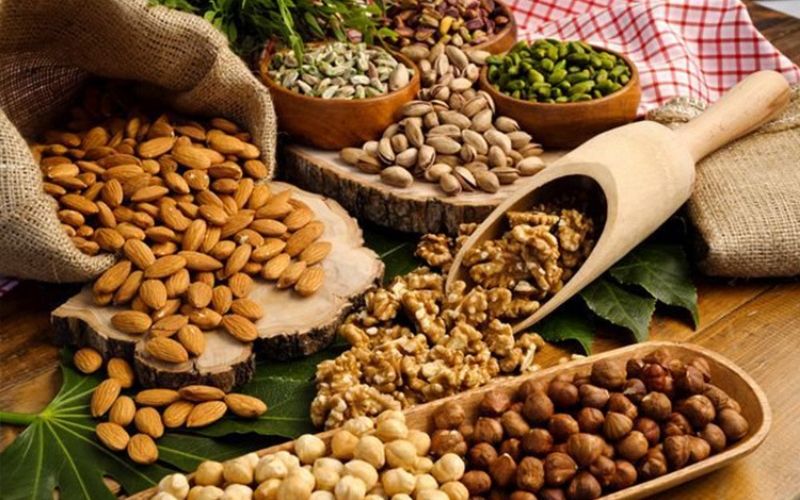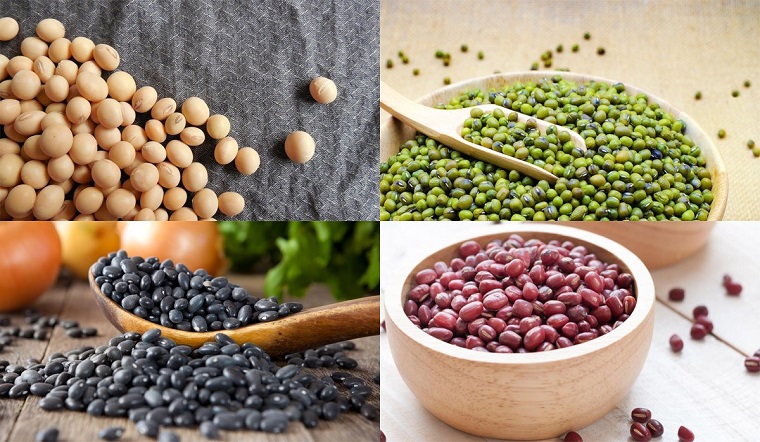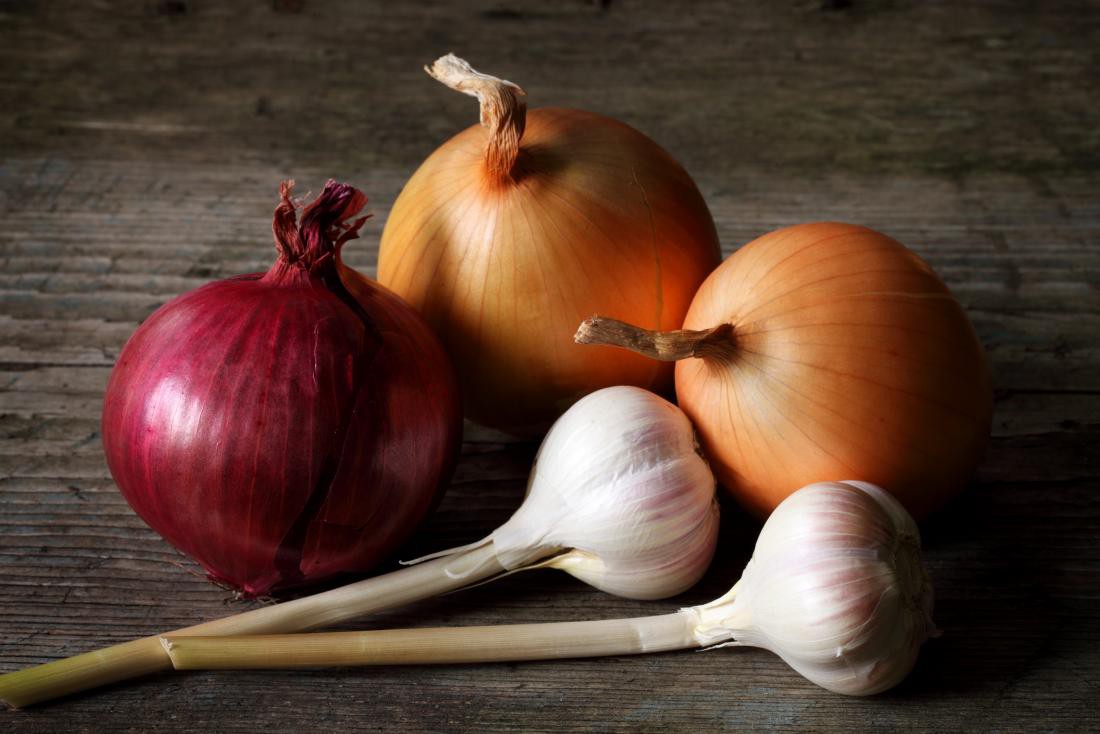Foods that are good for heart disease not only provide nutrition to the body but also have a powerful effect in reducing the risk factors of heart disease. So do you know which foods should be added to your diet? Don't miss the following necessary information.

Some foods are very good for heart disease
A healthy or sick body depends a lot on nutrition. Normally, healthy people with few illnesses often have a healthier, more scientific diet than those who are often sick. In particular, nutrition is also very important in protecting and preventing cardiovascular disease, a very common disease in the elderly.
The following are foods that should be included in the diet of people with heart disease.
Fresh fruits and vegetables
Because it contains a lot of fiber, abundant antioxidants, along with vitamins and minerals, it is very good in controlling blood pressure and reducing bad cholesterol (LDL), while protecting cells and blood vessels from damage caused by free radicals. This is especially suitable for people with cardiovascular disease.

So, don't miss out on some green vegetables like spinach, broccoli, kale or fresh fruits like oranges, apples, strawberries that are both delicious and help reduce the risk of atherosclerosis - a major risk factor for heart disease.
Fatty fish and nuts
While Omega-3 fatty acids found in fatty fish such as mackerel, salmon, and sardines have the effect of reducing inflammation, reducing triglycerides, lowering blood pressure, and preventing irregular heartbeats, fiber helps control cholesterol and maintain stable blood pressure. Therefore, the combination of these two foods in the diet is very good for people with cardiovascular disease.

Whole grains
Many studies have shown that eating whole grains can help control blood pressure, reduce bad cholesterol, and thus effectively reduce the risk of heart disease. Because grains, specifically oats, barley, and brown rice, contain a lot of fiber as well as nutrients that are beneficial for the heart, helping to maintain a stable heart rate.

Olive oil and canola oil
Monounsaturated fats can help reduce bad cholesterol and effectively prevent blood vessel blockage. So instead of adding saturated fats, you should pay more attention to prioritizing unsaturated fats found in canola oil or extra virgin olive oil. These are considered a source of healthy fats, increase good cholesterol, help protect blood vessels from damage and are good for the cardiovascular system.

Beans and legumes
Green beans, lentils, and black beans are foods that not only help maintain an ideal weight but also help reduce blood pressure and improve blood cholesterol levels. Specifically, the protein in these beans will help control blood fat and improve heart function. Fiber also helps reduce bad cholesterol. Therefore, it would be a mistake to include these foods in a heart disease menu.

Garlic and onions
Garlic and onions are considered spices that make dishes more delicious and attractive, often used in daily meals. However, few people know that garlic and onions contain allicin, a compound that has the effect of reducing blood pressure as well as improving heart function. Therefore, regularly adding garlic and onions to your daily diet can help reduce the risk of cardiovascular disease, help protect blood vessels from damage caused by free radicals and prevent atherosclerosis.

Notes when implementing a diet for people with cardiovascular disease
In the diet of people with cardiovascular disease, besides focusing on foods that are good for people with cardiovascular disease that should be included in the diet, patients should also pay attention to foods that are not good or the wrong way to eat to ensure that the diet will bring out the best benefits for people with cardiovascular disease, especially the elderly.

- Limit fast food, processed foods, and foods high in calories
- Avoid adding too much sugar or fat, which is not good for people with cardiovascular disease. Therefore, reduce your intake of unhealthy fats, which are often found in lard, cream sauces, butter, palm oil, coconut oil, meat sauces, and cocoa butter.
- Eat whole grains instead of processed grains.
- In addition to reducing sugar, the amount of salt in the daily diet should also be limited. According to the American Heart Association, healthy adults are recommended to consume no more than 2,300 milligrams (mg) equivalent to 1 teaspoon of salt per day. The best recommendation is less than 1,500 mg of salt per day.
It can be seen that diet plays an important role in the prevention and treatment of cardiovascular disease. However, to ensure that patients are monitored for their health, given proper nutritional guidance, and supported for effective treatment, a Hio Care nursing and care service is indispensable, which is extremely necessary, especially for patients with poor health or the elderly.

With many years of experience in caring for the elderly from qualified and experienced professionals, care and nursing services Hio Care will provide a thorough and appropriate care solution for each person's physical condition. This is an indispensable factor in maintaining cardiovascular health, helping patients recover quickly and we should not ignore it.




